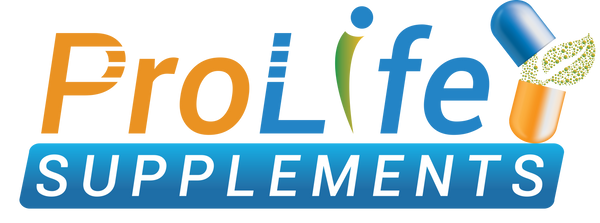Dietary supplements have become a popular means to enhance energy levels, particularly in our fast-paced modern world where many people experience fatigue and low energy. These supplements can provide a boost in various ways, depending on their composition and the specific needs of the individual. However, it's essential to understand their benefits, mechanisms of action, and potential risks to make informed decisions about their use.
Types of Energy-Boosting Supplements
-
Caffeine: One of the most widely used stimulants globally, caffeine is found in coffee, tea, and many energy drinks and supplements. It works by blocking adenosine, a neurotransmitter that promotes sleep, thereby increasing alertness and reducing the perception of fatigue. Caffeine can provide a quick energy boost, improve concentration, and enhance physical performance. However, excessive intake can lead to dependence, jitteriness, and disrupted sleep patterns.
-
B Vitamins: These vitamins, especially B12 and B6, play critical roles in energy metabolism. B12 is essential for red blood cell formation and neurological function, while B6 is involved in amino acid metabolism and the production of neurotransmitters. A deficiency in these vitamins can lead to fatigue and reduced energy levels. Supplementing with B vitamins can be particularly beneficial for individuals with dietary restrictions or absorption issues.
-
Iron: Iron is crucial for the production of hemoglobin, the protein in red blood cells that transports oxygen throughout the body. An iron deficiency can cause anemia, leading to chronic fatigue and weakness. Iron supplements can help restore normal levels, particularly in women, vegetarians, and those with certain medical conditions. However, excessive iron intake can be harmful, so it's important to use supplements under medical supervision.
-
Creatine: Commonly used by athletes, creatine enhances the production of ATP (adenosine triphosphate), the primary energy carrier in cells. It is particularly effective for short bursts of high-intensity activities like weightlifting and sprinting. Creatine supplementation can lead to improved muscle strength, endurance, and overall energy levels.
-
Coenzyme Q10 (CoQ10): This antioxidant is involved in cellular energy production. CoQ10 levels naturally decrease with age and are lower in individuals with certain chronic diseases. Supplementing with CoQ10 can improve mitochondrial function, enhance physical performance, and reduce feelings of fatigue.
-
Adaptogens: Herbs like ashwagandha, rhodiola rosea, and ginseng are known for their ability to help the body adapt to stress and improve overall vitality. These adaptogens can reduce stress-induced fatigue, enhance mental clarity, and support sustained energy levels throughout the day.
Benefits and Considerations
Dietary supplements can offer several benefits, including improved physical performance, enhanced cognitive function, and reduced fatigue. For individuals with specific nutrient deficiencies or increased nutritional needs, supplements can be a practical way to achieve optimal energy levels.
However, it's important to approach supplementation with caution. Not all supplements are created equal, and the quality, efficacy, and safety can vary widely. Moreover, the FDA does not regulate supplements as strictly as pharmaceuticals, leading to potential issues with contamination, mislabeling, or incorrect dosages.
Conclusion
While dietary supplements can be an effective way to boost energy, they should not be seen as a substitute for a balanced diet, regular exercise, and adequate sleep. It's crucial to consult with a healthcare provider before starting any new supplement regimen to ensure it aligns with individual health needs and goals. By doing so, individuals can safely and effectively harness the benefits of supplements to enhance their energy levels and overall well-being.

